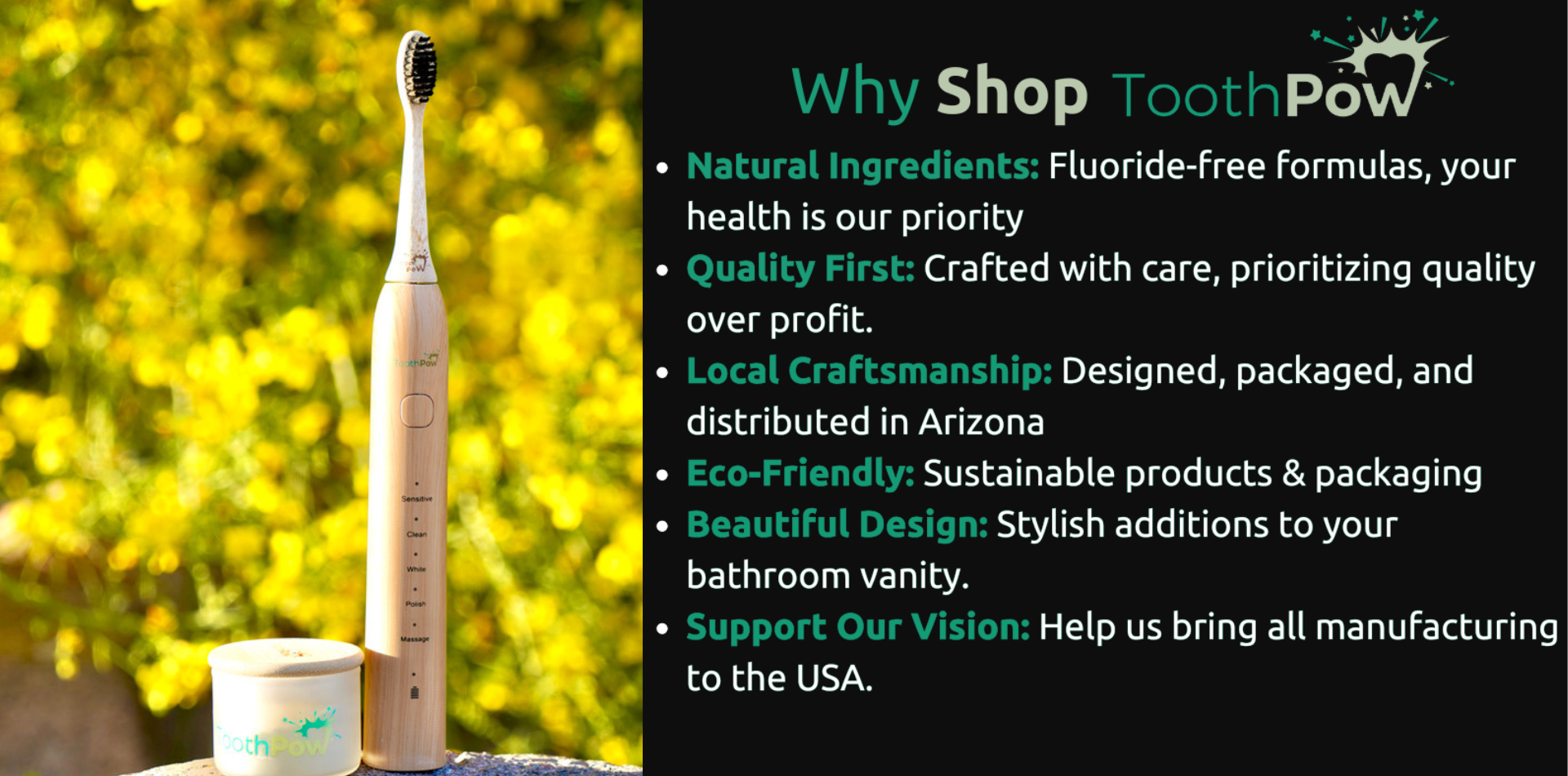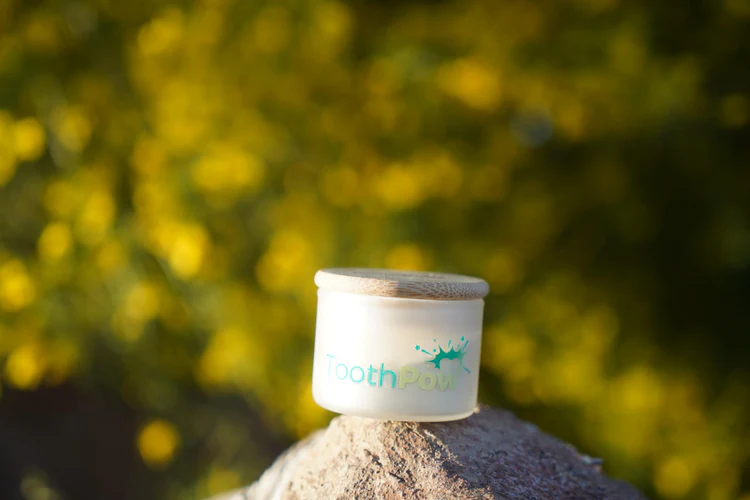Introduction
Wine is a beloved beverage enjoyed by many around the world for its rich flavors and cultural significance. However, frequent wine consumption can have adverse effects on your dental health. Understanding the impact of wine on your teeth and learning how to mitigate these effects can help you enjoy your favorite drink without compromising your smile. This article explores the effects of wine on your teeth and provides practical tips for prevention and care.
How Wine Affects Your Teeth
Wine affects your teeth in several ways due to its acidity, tannin content, and sugar levels.
Acidity in Wine and Its Effect on Enamel
Wine, particularly white wine, is highly acidic. This acidity can erode the enamel, the hard outer layer of your teeth. When enamel erodes, it exposes the softer dentin underneath, making teeth more susceptible to decay and sensitivity.
The Role of Tannins in Staining Teeth
Red wine contains tannins, natural compounds that can cause staining. Tannins allow pigments in the wine to bind to your teeth, leading to discoloration. Over time, these stains can become more pronounced and harder to remove.
Sugar Content and Its Contribution to Tooth Decay
Wine contains natural sugars that can contribute to tooth decay. Bacteria in your mouth feed on these sugars, producing acids that further erode enamel and increase the risk of cavities.
Short-Term Effects of Drinking Wine on Your Teeth
Immediate Enamel Softening
The acidity in wine can soften enamel almost immediately upon contact. This temporary softening makes teeth more vulnerable to abrasion and damage from brushing.
Temporary Staining
After drinking red wine, you might notice a temporary red or purple stain on your teeth. This occurs as tannins and pigments cling to your enamel, but it can often be removed with proper oral hygiene.
Dry Mouth and Reduced Saliva Production
Alcohol in wine can cause dry mouth by reducing saliva production. Saliva is crucial for washing away food particles and neutralizing acids. A dry mouth can exacerbate the effects of wine on your teeth, leading to increased enamel erosion and staining.

Long-Term Effects of Drinking Wine on Your Teeth
Permanent Enamel Erosion
Over time, the repeated exposure to acidic wine can lead to permanent enamel erosion. Once enamel is lost, it cannot be regenerated, leaving your teeth more vulnerable to decay and sensitivity.
Persistent Discoloration and Staining
Regular consumption of wine, especially red wine, can result in persistent staining that is difficult to remove. These stains can affect the appearance of your smile and may require professional treatment to address.
Increased Risk of Cavities and Gum Disease
The combination of acid erosion and sugar content in wine can increase your risk of developing cavities. Additionally, the dry mouth caused by alcohol can contribute to gum disease by allowing harmful bacteria to thrive.
Preventive Measures to Protect Your Teeth While Drinking Wine
Choosing Wine with Lower Acidity and Sugar Content
Opt for wines that are lower in acidity and sugar. Wines such as Pinot Noir and Merlot tend to be less acidic than other varieties, which can help reduce enamel erosion.
Drinking Water Alongside Wine to Rinse Your Mouth
Alternating sips of wine with water can help rinse away acids and sugars, minimizing their contact with your teeth. This simple habit can significantly reduce the harmful effects of wine on your enamel.
Using a Straw to Minimize Contact with Teeth
Using a straw can help minimize the direct contact between wine and your teeth, especially when drinking white wine or wine cocktails. This method can help protect your enamel from the acidic effects of wine.

Oral Care Tips After Drinking Wine
Waiting Before Brushing Your Teeth to Avoid Enamel Damage
After drinking wine, wait at least 30 minutes before brushing your teeth. Brushing immediately can cause further damage to the softened enamel. Instead, rinse your mouth with water to help neutralize the acids.
Rinsing Your Mouth with Water or a Fluoride Mouthwash
Rinsing your mouth with water or a fluoride mouthwash can help neutralize acids and wash away residual sugars and tannins. Fluoride can also help strengthen your enamel.
Using Toothpaste with Remineralizing Properties, Such as ToothPow
Toothpaste with remineralizing properties, such as ToothPow, can help restore lost minerals and strengthen enamel. ToothPow's natural ingredients, including nano-hydroxyapatite, kaolin clay, and xylitol, provide effective protection against the effects of wine on your teeth.
Natural Remedies to Combat Wine Stains
Using Baking Soda and Water Paste for Gentle Whitening
Baking soda is a mild abrasive that can help remove surface stains. Mix a small amount of baking soda with water to create a paste, and gently brush your teeth with it once a week to help reduce wine stains.
Oil Pulling with Coconut Oil to Reduce Stains and Improve Oral Health
Oil pulling involves swishing coconut oil in your mouth for 10-15 minutes. This practice can help remove stains and improve overall oral health by reducing harmful bacteria in the mouth.
Eating Crunchy Fruits and Vegetables to Naturally Clean Teeth
Eating crunchy fruits and vegetables like apples, carrots, and celery can help scrub away surface stains and increase saliva production, which naturally cleanses your teeth.

Professional Treatments for Wine Stains
Professional Cleanings and Polishing
Regular professional cleanings and polishing can help remove stubborn stains and keep your teeth looking their best. Your dentist can also provide personalized advice on maintaining your oral health.
Teeth Whitening Options
Professional teeth whitening treatments can effectively remove deep stains caused by wine. Your dentist can recommend the best whitening options based on your specific needs and oral health.
Dental Sealants and Other Protective Treatments
Dental sealants can provide a protective barrier on your teeth, helping to prevent staining and erosion. Your dentist can discuss whether sealants or other treatments might be appropriate for you.
Frequently Asked Questions
How Often Can I Drink Wine Without Damaging My Teeth?
Moderation is key. Drinking wine occasionally and following preventive measures can help minimize the impact on your teeth. Regular wine drinkers should take extra care with their oral hygiene routine.
Are Red Wines Worse for Teeth Than White Wines?
Both red and white wines have their drawbacks. Red wine can stain teeth more easily due to its dark pigments and tannins, while white wine is often more acidic, which can erode enamel. Both should be consumed in moderation with appropriate oral care.
Can Wine Contribute to Bad Breath?
Yes, wine can contribute to bad breath due to its drying effect on the mouth and the presence of sugars and acids that promote bacterial growth. Drinking water and maintaining good oral hygiene can help mitigate this effect.
Conclusion
Understanding the impact of wine on your teeth and taking preventive measures can help you enjoy your favorite beverage without compromising your dental health. By choosing wines with lower acidity, drinking water alongside wine, and following good oral hygiene practices, you can protect your teeth from the harmful effects of wine. Using products like ToothPow can also provide additional protection and help maintain a healthy, bright smile. Enjoy wine responsibly and take steps to care for your teeth to ensure a lifetime of healthy smiles.


